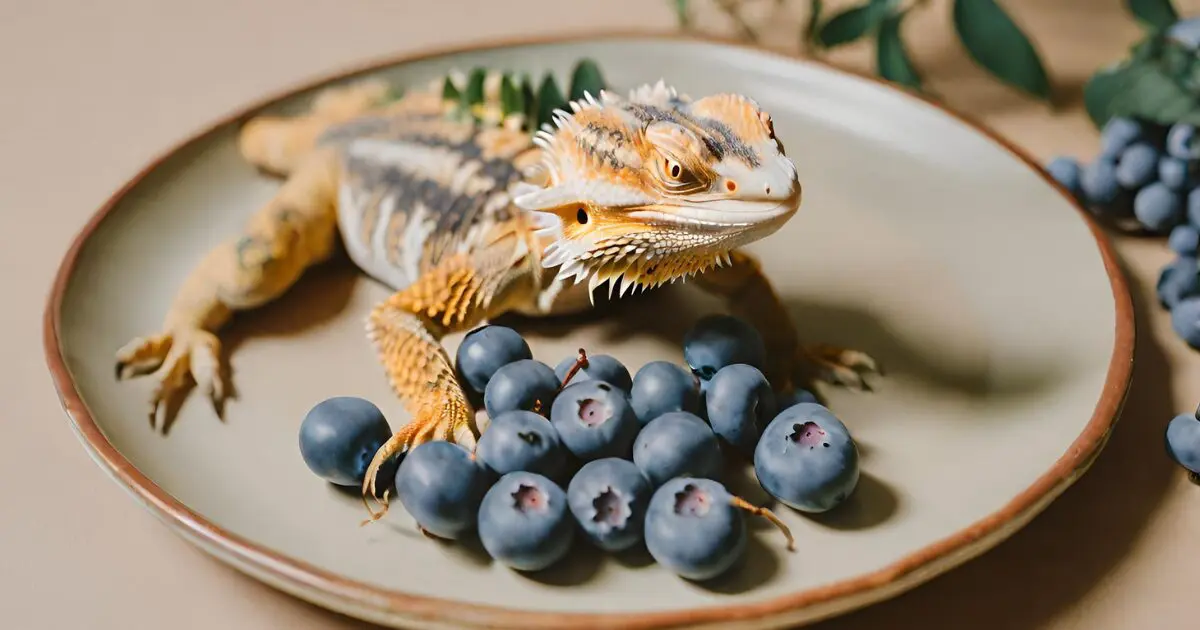Fruits are not the primary food for bearded dragons. They can survive very well without ever eating any fruits. However, adding fruits to their diet can help hydration during the summer. Can bearded dragons eat blueberries?
Yes, bearded dragons can eat blueberries, but in a small number. 2-3 blueberries a week is enough for adults, while the young dragons should not be fed more than one halved. Since blueberries contain sugar, excessive consumption is not safe.
Fruits must not contain more than 5% of the dragon’s diet. Therefore, it should be fed in a proper manner. Let me help you incorporate blueberries into your pet’s diet.
Can Bearded Dragons Eat Blueberries?
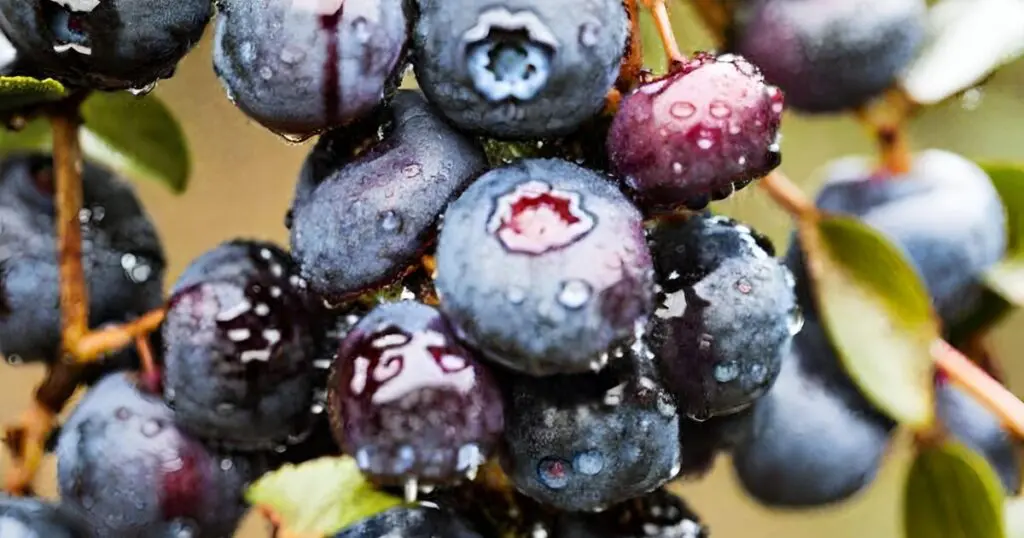
As I already said, beardies can eat blueberries. It is one of the safest fruits for bearded dragons. However, the thing is, fruit is not a natural part of their diet. These reptiles are from the dryland of Australia. There, they do not have access to these fruits.
Nonetheless, in captivity, they have learned to adapt. These lizards are omnivores and can eat a variety of foods. And that includes insects, vegetables, and fruits as well. Now the question is, do they like the taste of the food?
From my experience, I can say they do. My Spike, a 7-year-old bearded dragon, goes crazy upon seeing blueberries. Based on its excitement, I can say that it will eat even 10 to 15 berries if I let it. But remember, you must not feed them more than 3 blueberries at a time. Additionally, they can have fruits as a treat no more than twice a week.
Food Nutrition of Blueberries
Before we discuss further, let’s have a look at how good blueberries are as fruits.
| Nutrients name | Amount per 100 g |
| Water | 84.2 g |
| Energy | 57 kcal |
| Protein | 0.74 g |
| Fiber | 2.4 g |
| Total Sugars | 9.96 g |
| Calcium | 6 mg |
| Phosphorus | 12 mg |
How to Feed Blueberries to Bearded Dragons?
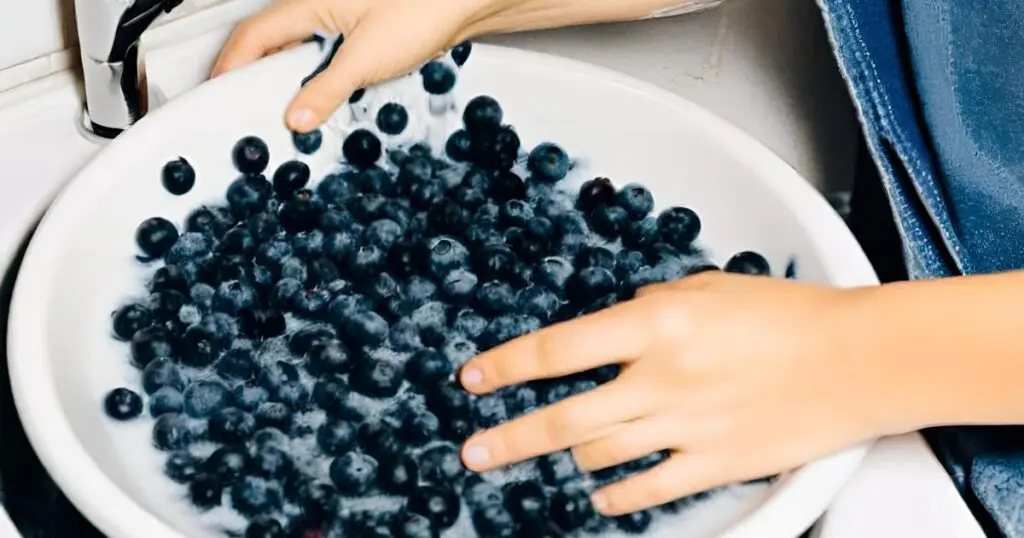
Personally, I find it is much more convenient to feed blueberries to Spike. There is no preparation hazard. Still, here are some tips that might be helpful.
- Collect raspberries from a reliable source. Make sure the fruits do not contain a high amount of pesticides.
- Wash the blueberries thoroughly before offering them to bearded dragons. You must not skip this part even if the fruits are organically grown. They can still contain dirt and debris.
- The number of blueberries must be limited, not more than three at a time.
- Usually, blueberries are not required to be chopped unless they are bigger than the gap between the eyes of your pet.
- You don’t have to peel the fruits either. Serve it to them and stay nearby to observe their reaction. In case they don’t show interest, stick to their regular diet.
- Fruits, in general, must be served no more than twice a week. Make sure you feed blueberries only once a week; a month is even better.
Are There Any Benefits of Blueberries for Bearded Dragons?
Yes, there are. But not as many as they are for you. Nonetheless, feeding them blueberries occasionally can provide the following benefits:
- Blueberries are packed with antioxidants. It boosts your bearded dragon’s immune system and reduces inflammation.
- Blueberries are high in water content, almost 85%. This water intake can help them maintain hydration during the hot season.
- The fruit contains vitamins C and K. These are beneficial for immune function, blood clotting, and bone health.
- The presence of fiber can aid in digestion and improve gut health.
Why You Should Not Feed Blueberries Everyday?
A number of reasons can be mentioned for not feeding blueberries daily to your reptile friend. Let me list the most significant ones.
Lack of Protein
Protein plays a crucial role in bearded dragons’ lives. This is the building block of a cell. Protein helps in developing muscles and contributes to their growth. Protein deficiency is the primary reason for bearded dragons not growing.
The growth of baby beardies highly depends on protein. They get the necessary protein from insects. Blueberries or any other fruits cannot meet that need. Therefore, young dragons’ diet should consist of at least 50% of insects. Wondering what insects they can eat?
Contains Too Much Water
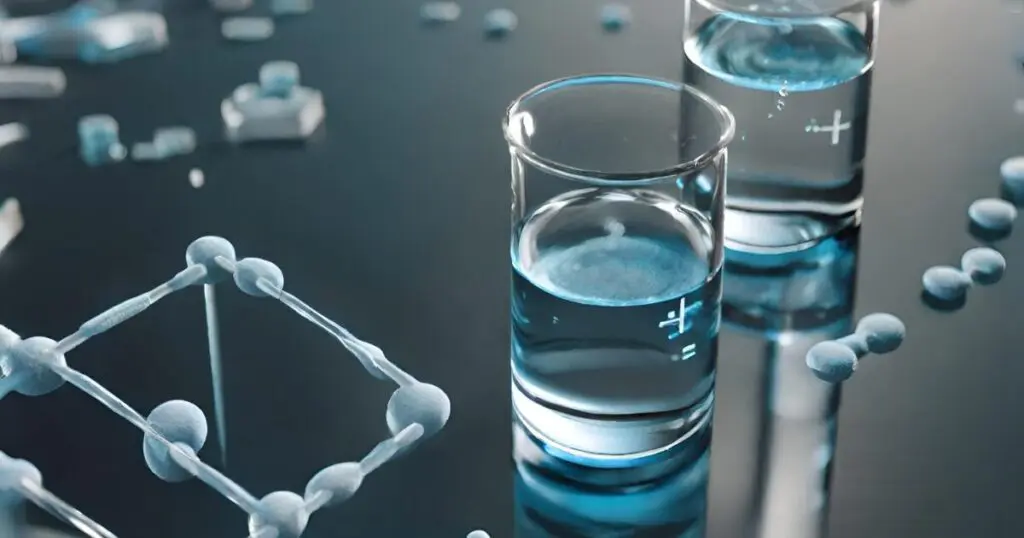
Yes, just a while ago, I said it is a benefit. But that is because I suggested feeding it every once in a while. Now you are talking about feeding it all the time. Think about feeding your pet 100g of blueberries a day. That means you will end up feeding it about 85g of water. That is ⅓ of their total weight. Can you see the big picture here?
With this much water consumption, bearded dragons will get bloated. They won’t be able to eat other foods. Moreover, they may suffer from diarrhea and other digestive issues.
Low Amount of Minerals
Minerals are essential nutrients for every animal. Bearded dragons are no exception. Minerals keep their bones strong and save them from metabolic bone diseases. Lack of minerals can lead to soft bones. They will get fragile, inactive, and prone to fractures.
Blueberries contain a very small amount of minerals. That is not enough for beardies. Therefore, feeding them fruits on a regular basis can cause a lack of minerals in bearded dragons.
Improper Calcium to Phosphorus Ratio
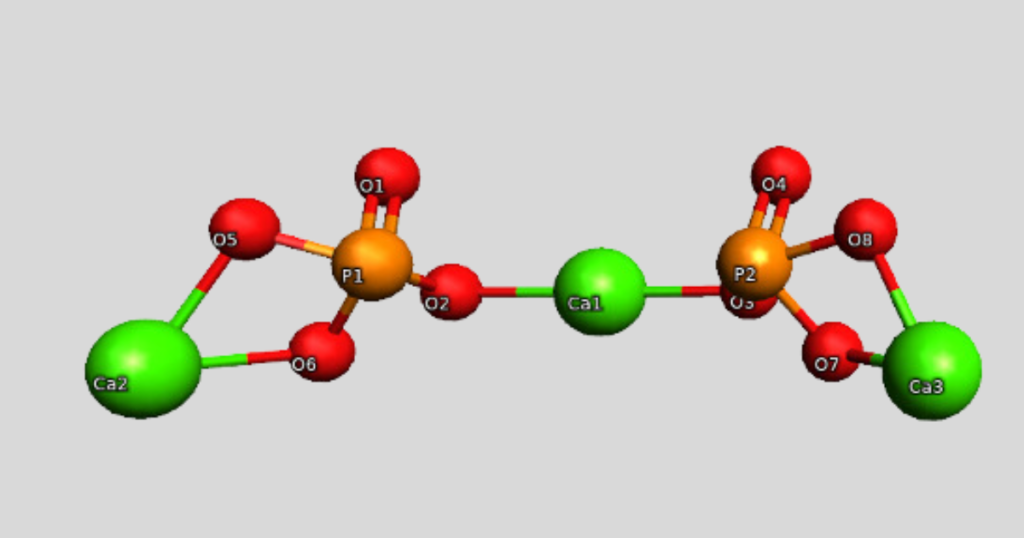
Both calcium and phosphorus are important minerals for bearded dragons. Calcium is crucial for building and maintaining strong bones and teeth in bearded dragons. It plays a vital role in muscle function and nerve impulses as well. Phosphorus also contributes to these benefits.
However, the presence of calcium and phosphorus needs to maintain a certain healthy proportion. The ideal proportion is calcium 2: 1 phosphorus. Higher amounts of phosphorus can hinder the ability to absorb calcium from food. This can lead to some serious problems.
Why are we talking about all these? You must have noticed in the table that blueberries contain more phosphorus than calcium. Regular intake of this fruit can hamper the balance of these minerals and harm their health.
Rich in Sugar Content
Bearded dragons do not need sugar at all. Blueberries, on the other hand, contain 10% sugar of its body weight. This much sugar is not safe for beardies. It may remain undigested if sugar level gets high in their blood. This can lead to multiple health conditions, such as:
- Obesity
- Fatty liver disease
- Nutritional deficiencies
- Gut issue
- Reduced immune function, etc.
They Do Not Need It
I mean, why would you even think of it? Feeding them the same food every day? This is not good for them. Besides, fruits are not a part of their natural diet. They do not need it. Beardies may show interest in fruits as an occasional treat, but they will soon get bored of them.
They show interest in eating live insects as their movement stimulates their hunger. You must mimic their natural diet, which consists of insects and vegetables, to keep them healthy. Therefore, feeding blueberries regularly needs to be avoided.
FAQ
Get more information about blueberries and bearded dragons’ consumption of the fruit.
Can bearded dragons eat frozen blueberries?
Yes, bearded dragons can eat frozen blueberries as an occasional treat! Just thaw them first, cut them up for younger beardies, and keep portions small. Focus on their main diet of veggies and insects.
Can bearded dragons eat blueberry leaves?
Information on bearded dragons eating blueberry leaves is scarce. Stick to safe, researched options like collard greens or dandelion leaves. If you want to feed them, mix the leaves with other greens.
How often should beardies eat blueberries?
Bearded dragons should only have blueberries as a rare treat, not regularly. Their sugar content is high, so limit them to a few once or twice a week at most. Stick to a veggie and insect-based diet for their health.
Conclusion
Can bearded dragons eat blueberries? By now, you must have got your answers. The fruit, by no means, cannot be a regular inclusion to beardies’ diet. However, it can be fed as an occasional treat only. Observe the reaction of your pet and decide whether it enjoys the taste. The beardie will have good health with a balanced diet.
